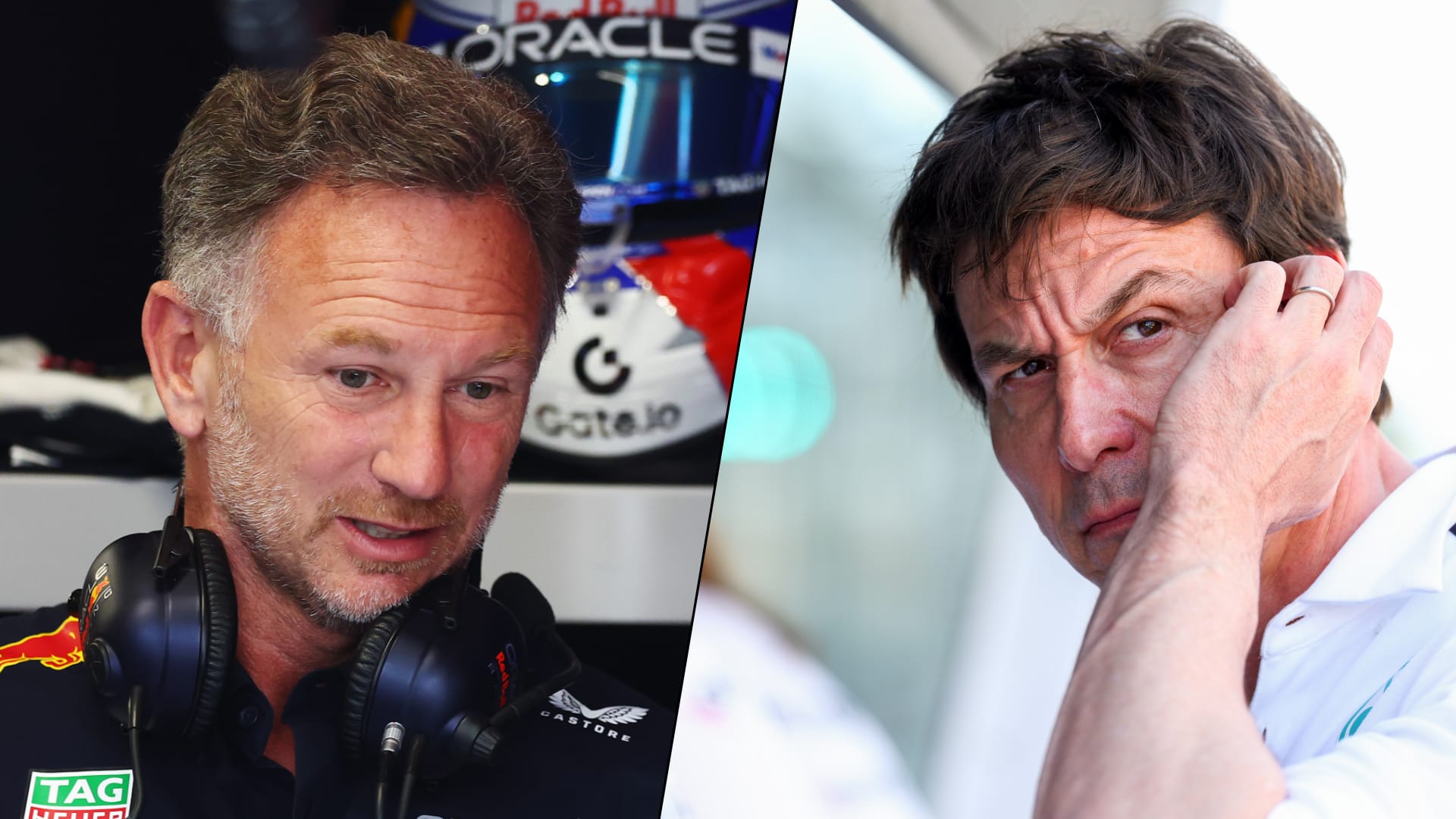“‘Sinners’ Got Caught in Hollywood’s Worst Trap”
Sinners has made a splash on the field workplace, however analysts wish to deal with the cash it isn’t making.


Produced by ElevenLabs and News Over Audio (Noa) utilizing AI narration. Take heed to extra tales on the Noa app.
The director Ryan Coogler’s new movie, Sinners, had a powerful first weekend for an trade that’s been wanting excellent news. It topped the field workplace with $48 million nationwide, forward of the Minecraft film, 2025’s greatest earner domestically up to now. That sum stands as the highest opening gross for an authentic function for the reason that coronavirus pandemic upended Hollywood. Numbers apart, Sinners’ resonance with theatergoers ought to give each champions of creative artwork and Hollywood writ giant a motive to rejoice—particularly after a recent spate of box-office disappointments. Audiences not solely will nonetheless go to the multiplex, the ticket gross sales recommend; they’re additionally keen to see one thing that’s not a part of a preexisting franchise.
Viewers may not perceive how nicely Sinners is doing from studying about it, although. Quite a few tales about its debut have targeted on why the film’s distributor, Warner Bros., nonetheless can’t name the movie a smash. The Hollywood Reporter deemed its price ticket “relatively hefty for a genre movie.” A New York Instances article famous that Sinners’ box-office success got here with a “big asterisk,” and that “to make money, Sinners will need to attract substantial crowds in the weeks ahead.” Variety emphasised that, as a result of Sinners value “a staggering $90 million to produce,” the film’s “profitability remains a question mark.” That skeptical framing raised numerous eyebrows, with even Ben Stiller—who didn’t work on the movie—flagging it on social media: “In what universe does a 60 million dollar opening for an original studio movie warrant this headline?” he posted, referring to the movie’s world box-office earnings.
In fact, the job of entertainment-business reporters is to cowl Hollywood, and corporations’ financials are a significant a part of that ecosystem. Profitability—the purpose at which a movie’s traders start to see returns—can also be of the utmost significance to studio bigwigs, sometimes to movie-lovers’ chagrin. (The rule of thumb is {that a} studio will begin recouping its spending when a movie makes again double its price range, which incorporates manufacturing and advertising spend.) And it’s true that, for a non-franchise function, a $90 million price range is important. But the forcefulness of the dialog about Sinners is putting. Often, such an unambiguous accomplishment—particularly for a horror movie, a polarizing genre with audiences—prompts a victory lap on Monday, when box-office figures are confirmed, and Coogler thanked “each and every one of you who bought a ticket” in a letter posted to social media. A lot of the press concerning the movie’s money-making potential, in the meantime, appeared intent on turning down the quantity, taking what ought to be one of many yr’s greatest cinematic success tales and specializing in the potential for failure as an alternative of its concrete achievement up to now.
There have been different, much less grumpy interpretations of Sinners’ price ticket: Deadline was extra bullish, reminding readers that the movie’s higher-end value was “what it takes to be in business with auteurs who have delivered recent blockbusters on their resume.” Every of Coogler’s prior films has been celebrated—most notably Black Panther and its sequel, which made a mixed $2.21 billion worldwide. It ought to hardly be stunning, primarily based on that monitor document, that Coogler’s new movie impressed a bidding battle amongst studios. With a view to purchase Sinners, Warner Bros. even agreed to revert the rights again to the director after 25 years, an uncommon (although not unheard-of) proviso.
This filmmaker-friendly conduct appears to have spooked some members of Hollywood. A New York report printed alongside Sinners’ launch anonymously quoted a number of executives, who known as Warner Bros.’ settlement with Coogler “dangerous”; one added that it “could be the end of the studio system.” A part of many studios’ income era comes from licensing out their again catalog, and successful resembling Sinners might turn out to be a beneficial asset. One other supply apprehensive that different A-list filmmakers would begin to demand related phrases concerning possession: “It’s bad for the business. It’s bad for filmmaking relationships.” However Coogler has stated that he wanted the rights for symbolic causes—that it felt essential to him, as a Black director, to personal his movie about Black autonomy. The director shouldn’t need to justify the phrases he secured for Sinners regardless; he acquired the perfect deal for himself in a aggressive marketplace for his providers. That’s how the enterprise is supposed to work.
The undercurrent to this sort of protection is troubling: that Sinners was someway unfit of a big price range, or that Coogler didn’t deserve a creatively enriching deal. Maybe these beliefs stem from the truth that the film isn’t connected to a franchise; spending almost $100 million on a recognized amount tends to be a safer guess for an organization. Or possibly it’s as a result of a number of the trade has turn out to be pessimistic about authentic, auteur-driven films. Analysts have cited new, low-grossing options by Oscar-winning administrators resembling Steven Soderbergh (Black Bag) and Bong Joon Ho (Mickey 17) as proof that supporting artier efforts comes with consequences. However the administrators of such movies aren’t unilaterally liable for balancing the books; within the case of Sinners, given its present trajectory, worrying concerning the math doesn’t appear obligatory.
Nonetheless, even a real crucial and business smash is not any match for Hollywood’s monetary anxiousness. Main studios have grown gun-shy about funding something remotely dangerous; even a danger nicely taken can immediate a knee-jerk, scornful response from not solely the executives but additionally the press: The movie might, even ought to, have performed higher. That bias is value interrogating—besides I doubt anybody within the boardrooms will trouble to try this.
This cash discuss mustn’t matter to the audiences who present up for films like Sinners. However there’s an opportunity that they’ll begin to suppose that it ought to, contemplating how a lot of the protection revolves round prices and break-even factors. Even seemingly assured blockbusters, such as Marvel movies, have their box-office numbers scrutinized, as financials turn out to be a major media speaking level. The chatter about new films is in peril of heading within the unsuitable path: away from whether or not a film is value seeing, and towards whether or not a supposed underperformer can claw its a reimbursement. Sinners ought to clearly be understood as successful, however the defeatist protection threatens to warp moviegoers’ understanding of box-office success—and whether or not attaining it’s truly attainable.
Have any questions or want help? Contact us here. For extra insights, go to our website.
Learn More…









